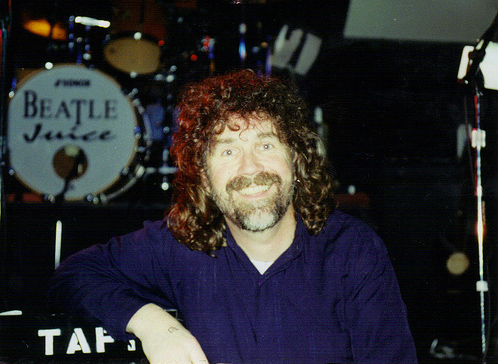
Is San Francisco a local news oasis amid the desertification of community journalism across the country? That’s what The New York Times claims.
Eli Tan reports that news in the Bay Area is as strong as it’s ever been (free link), noting that the city is served by a healthy daily (the San Francisco Chronicle), a billionaire-funded startup with paper-of-record ambitions (The San Francisco Standard) and a wide range of hyperlocal nonprofits and radio stations.
With 27 news organizations in a city of 800,000, Tan writes, San Francisco has about the same number of local news outlets that it had a decade ago.
Now, my first reaction to Tan’s story is that you could say the same about the Greater Boston area. The media scene here may not be quite as rich as it is in San Francisco, but we’ve got a lot, and the rise of digital nonprofits in a number of suburban communities has helped offset moves by Gannett, the country’s largest newspaper chain, to close or merge many of its weeklies and to slash its dailies to the bone.
But on further consideration, I think it’s worth noting that a number of large cities are reasonably well-served; it’s the exurbs, rural areas and urban communities of color that are struggling. That’s true even in places like Denver (which Ellen Clegg and I write about in out book, “What Works in Community News”) and Chicago, where the hedge fund Alden Global Capital has hollowed out the legacy dailies but where a number of other news organizations, many of them new, have risen up to fill the gap.
In general, cities and affluent suburbs have the people and the money needed to support local news. What’s happening in San Francisco may be something of an outlier — but not quite as much of one as the Times seems to believe.





